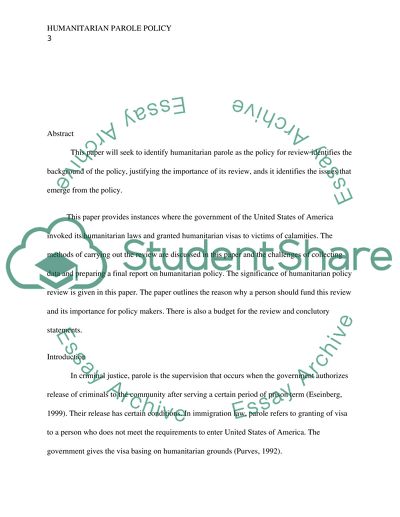Cite this document
(“LOVE Probation or Parole Policy Evaluation Research Paper”, n.d.)
Retrieved from https://studentshare.org/law/1589776-love-probation-or-parole-policy-evaluation
Retrieved from https://studentshare.org/law/1589776-love-probation-or-parole-policy-evaluation
(LOVE Probation or Parole Policy Evaluation Research Paper)
https://studentshare.org/law/1589776-love-probation-or-parole-policy-evaluation.
https://studentshare.org/law/1589776-love-probation-or-parole-policy-evaluation.
“LOVE Probation or Parole Policy Evaluation Research Paper”, n.d. https://studentshare.org/law/1589776-love-probation-or-parole-policy-evaluation.


